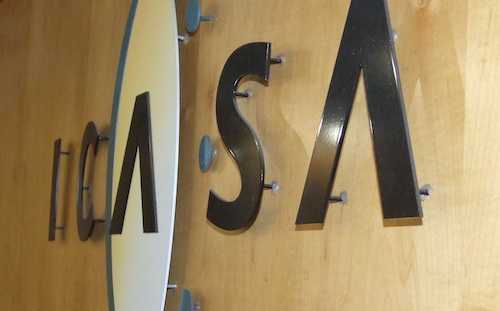
The Independent Communications Authority of SA (Icasa) has decided to postpone the licensing of “high-demand spectrum” in the coveted 800MHz and 2,6GHz radio frequency bands “until further notice” to ensure a forthcoming policy direction from communications minister Dina Pule is taken into consideration.
The move follows strong criticism from a number of operators that have warned that Icasa is opening itself up to possible legal action if it proceeds with its plans to license the spectrum without waiting for the minister’s policy direction document.
Efficient assignment of spectrum in the two bands is seen as crucial to delivering next-generation broadband services to South Africans and to overcoming the so-called “digital divide” between connected urban citizens and those living in rural areas. Though Icasa won’t tell operators what technologies to use in the two bands, most will want to use the bands to offer next-generation wireless networks based on a technology called long-term evolution, or LTE.
LTE is sometimes referred to as a fourth-generation (4G) mobile technology to differentiate it from older 3G technologies such as high-speed packet access.
In a submission to Icasa last week, Cell C described the apparent lack of co-ordination between the authority and the department of communications as “lamentable” given the “requirements of the constitution in relation to co-operative governance”. The operator warned in its written submission that “if it appears that Icasa has failed to consider ministerial policy directions (taking all relevant factors into account), [it] may be considered to be acting outside its mandate and so unlawfully”.
“Cell C does not understand … why Icasa did not wait for the draft policy directions from the department of communications to be finalised prior to embarking on a nationally important programme to allocate valuable spectrum,” it said.
“It is our view that, were Icasa to attempt to finalise the draft plan or the draft invitation to apply in the absence of the final version of the draft policy directions or in spite of consultations presently being conducted by the department of communications with regard to the draft policy directions, that action would be challengeable under principles of administrative justice.”
MTN, in its submission, said Icasa’s process, which was running parallel to a process underway at the department of communications to develop policy directions, was “procedurally unfair”. It argued that the process should be “stayed until a holistic and carefully considered national debate takes place using the policy directions process”. It argued that process would be “tainted by administrative illegality and be subject to judicial review”. It said this could be avoided if the Icasa process was put on hold to allow for “administrative action that is ‘procedurally fair’”.
Icasa has received more than 20 submissions from industry players interested in the two spectrum bands. These submissions are available on the authority’s website. — Staff reporter, TechCentral
- Subscribe to our free daily newsletter
- Follow us on Twitter or on Google+ or on Facebook
- Visit our sister website, SportsCentral (still in beta)




